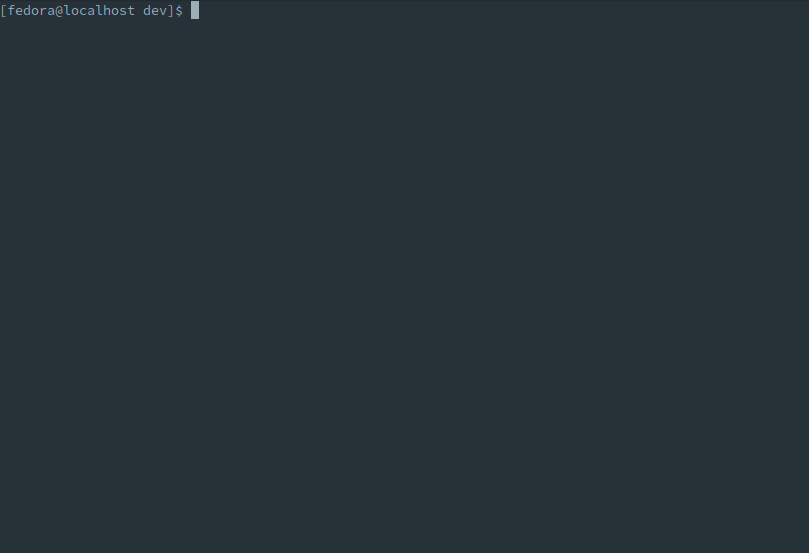Contributing to ARA¶
ARA Records Ansible is a free and open source community project that welcomes and appreciates contributions.
While this page focuses around development of the project itself, contributions aren’t only about pull requests, code or code reviews.
They can be in the form of documentation, feedback and comments, suggestions and ideas, issues and bug reports, or just helping out other users in the chat rooms.
Code contributions¶
Pull requests welcome¶
The ara repository is hosted on GitHub and every pull request is automatically tested with linters, unit tests as well as a variety of integration test scenarios.
This results in higher standards, better code, improved testing coverage, less regressions and increased stability.
There are many tutorials on how to create a pull request on GitHub but the process generally looks like the following:
- Fork the ara repository on GitHub
- Run
git cloneon your fork - Create a new branch:
git checkout -b cool_feature - Do your changes and test or preview them locally, as appropriate
- Commit your changes with
git commit - Push your commit to your fork with
git push origin cool_feature - Open a pull request using the proposed link returned by the
git pushcommand

Testing changes locally¶
You are encouraged to test your changes in a local environment before sending them for review.
Most of the tests that are run against a pull request are fast and can be run from your development environment without any changes to the system.
Tox handles the creation of a python virtual environment in which the tests are run from and must be installed:
tox -e py3for unit teststox -e lintersfor pep8/flake8/bandit/bashate/black/isort/etctox -e docsfor testing and building documentation todocs/build/htmltox -e ansible-integrationinstalls ansible and runs integration tests
Changes to the server, API, Ansible plugins or web interface can generally be manually tested and previewed from within a tox virtual environment like this:
tox -e ansible-integration --notest
source .tox/ansible-integration/bin/activate
export ANSIBLE_CALLBACK_PLUGINS=$(python3 -m ara.setup.callback_plugins)
export ANSIBLE_ACTION_PLUGINS=$(python3 -m ara.setup.action_plugins)
export ANSIBLE_LOOKUP_PLUGINS=$(python3 -m ara.setup.lookup_plugins)
ansible-playbook tests/integration/smoke.yaml
ara-manage runserver
# Browse to http://127.0.0.1:8000